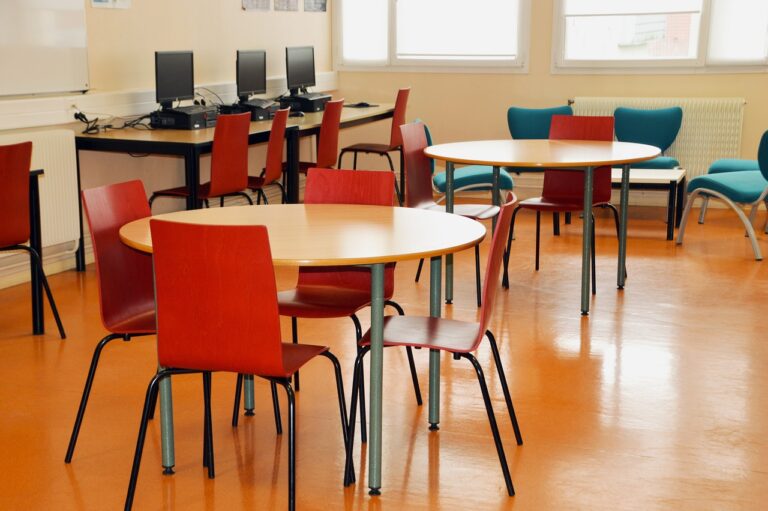Education for Social Impact: Creating Change
Education has long been recognized as a potent catalyst for driving social change. By equipping individuals with knowledge and critical thinking skills, education empowers them to challenge societal norms, advocate for justice, and strive for a more equitable world. Through education, individuals not only enhance their own lives but also contribute to the collective advancement of communities and society at large.
Moreover, education plays a pivotal role in breaking the cycle of poverty and inequality. By providing individuals with access to quality education, opportunities for personal growth and economic empowerment are expanded. As individuals become more educated, they are better equipped to secure stable employment, improve their socio-economic status, and participate actively in shaping a more inclusive and progressive society.
Understanding the Relationship Between Education and Social Impact
Education plays a crucial role in shaping individuals’ perspectives and behaviors, ultimately influencing the society at large. By providing individuals with knowledge, critical thinking skills, and awareness of social issues, education serves as a catalyst for social change. Through education, individuals are empowered to challenge societal norms, advocate for equity and justice, and contribute meaningfully to their communities.
Moreover, education has the power to break the cycle of poverty and inequality by offering opportunities for personal and professional growth. By improving access to quality education, marginalized communities can enhance their socio-economic status and drive positive change within their environment. Education serves as a tool for empowerment, enabling individuals to overcome barriers and create a more inclusive and prosperous society for all.
How does education help drive social change?
Education empowers individuals with knowledge, critical thinking skills, and the ability to advocate for positive change in their communities. By educating individuals on social issues, we can create a more informed and proactive society.
What are some examples of how education has had a social impact?
Education has been instrumental in promoting gender equality, reducing poverty, improving health outcomes, and promoting environmental sustainability. Through education, individuals are better equipped to address these and other social issues.
How can education be used as a tool to address inequalities in society?
Education can help level the playing field by providing opportunities for individuals from disadvantaged backgrounds to access quality education. By investing in education for all, we can work towards a more equal and just society.
What role do educational institutions play in driving social impact?
Educational institutions have a unique opportunity to shape the future by providing students with the knowledge and skills needed to address social challenges. By integrating social impact into their curriculum and research, institutions can contribute to positive change in society.
How can individuals contribute to social impact through education?
Individuals can contribute to social impact through education by volunteering, advocating for educational equity, supporting education initiatives, and using their knowledge and skills to address social issues in their communities. By being active and engaged citizens, individuals can help drive positive change through education.





